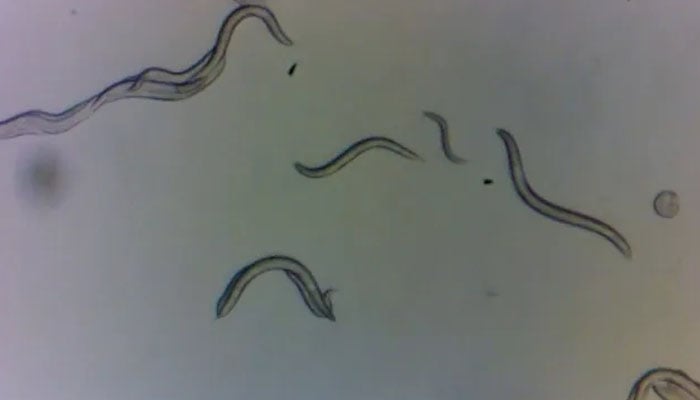Chernobyl worms unaffected by world's worst nuclear disaster — but how?
Chernobyl nuclear disaster that affected humans, animals shockingly leaves worms from its harms
Despite living in a region known for high radiation levels, tiny worms in the Chernobyl Exclusion Zone (CEZ) in Ukraine are prospering, and experts believe that their adaptability may offer new insights into human cancer research.
Oscheius tipulae tiny worms were gathered by researchers that visited the CEZ. Scientists found that the genomes of these worms, which are living in the fallout from the Chernobyl (or Chornobyl) nuclear accident, have not been harmed, according to Live Science.
A genome is an organism's whole collection of genes. According to a study that was published on March 5 in the journal PNAS, this is the case even if the animals have been exposed to radiation for generations.
"Chornobyl was a tragedy of incomprehensible scale, but we still don't have a great grasp on the effects of the disaster on local populations," study lead author Sophia Tintori, a postdoctoral associate in the Department of Biology at New York University, said in a statement. "Did the sudden environmental shift select for species, or even individuals within a species, that are naturally more resistant to ionising radiation?"
After sequencing the genomes of five worms from outside the CEZ and 15 worms subjected to varying radiation doses, scientists found no obvious evidence of radiation damage in the CEZ worms.
The physical changes that have occurred in other animals, such as frogs, following radiation exposure at the site, stand in sharp contrast to these results.
-
Sarah Pidgeon explains key to portraying Carolyn Bessette Kennedy
-
Inside Nicole 'Snooki' Polizzi's 'private' marriage with husband Jionni LaValle amid health scare
-
Germany’s ruling coalition backs social media ban for children under 14
-
Quinton Aaron reveals why he does not want to speak to wife Margarita ever again
-
Why Mikaela Shiffrin celebrated Olympic Gold with Taylor Swift song?
-
Political tensions steal spotlight at Berlin Film Festival closing ceremony
-
Hong Kong touts stability,unique trade advantages as Trump’s global tariff sparks market volatility
-
Friedrich Merz heads to China for high stakes talks in an effort to reset strained trade relations












